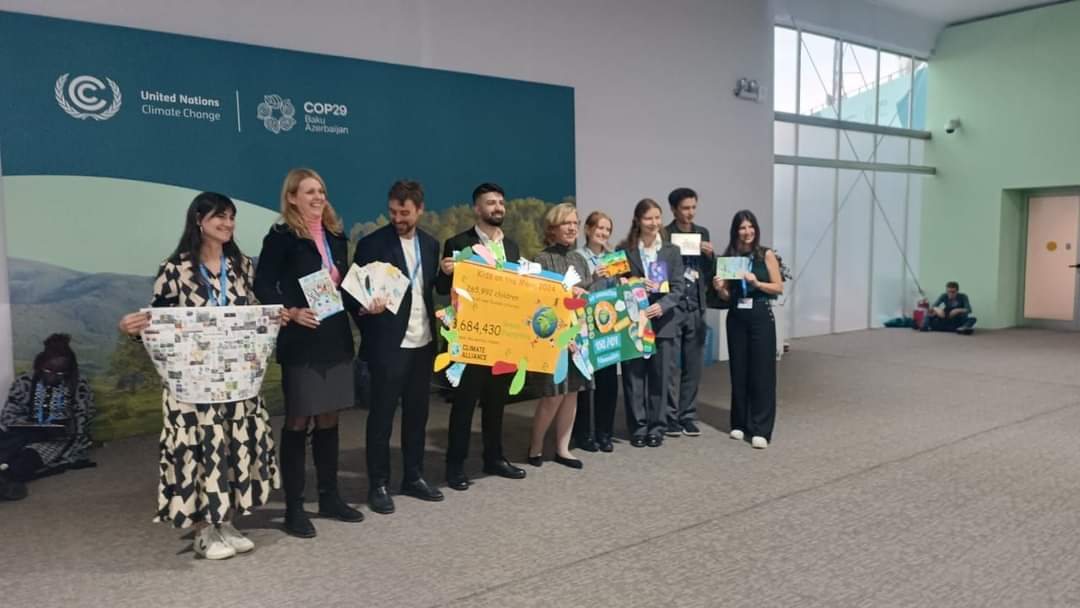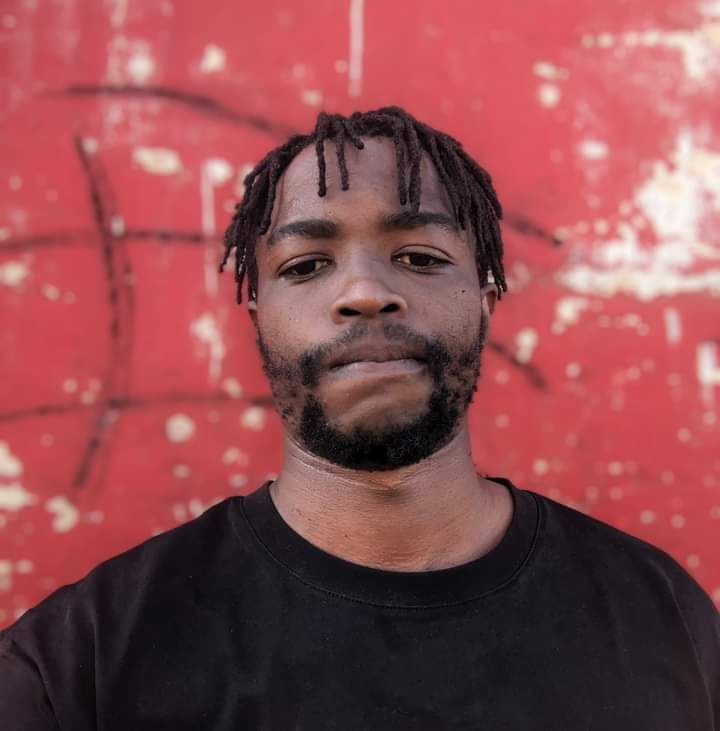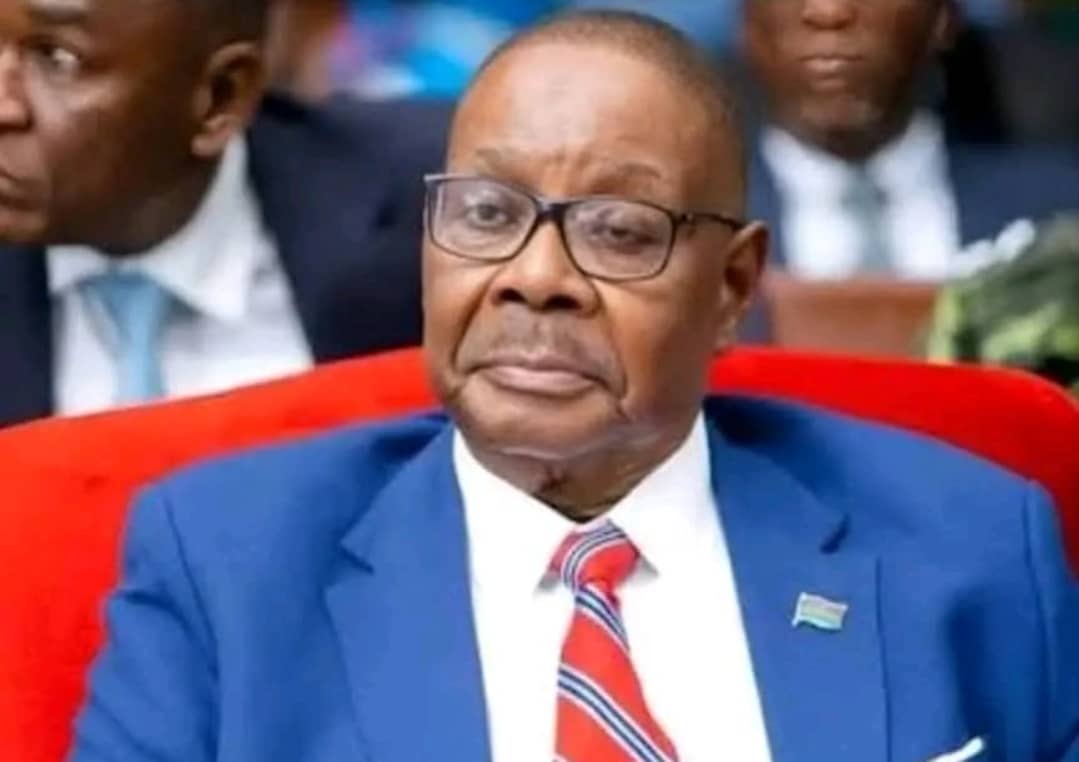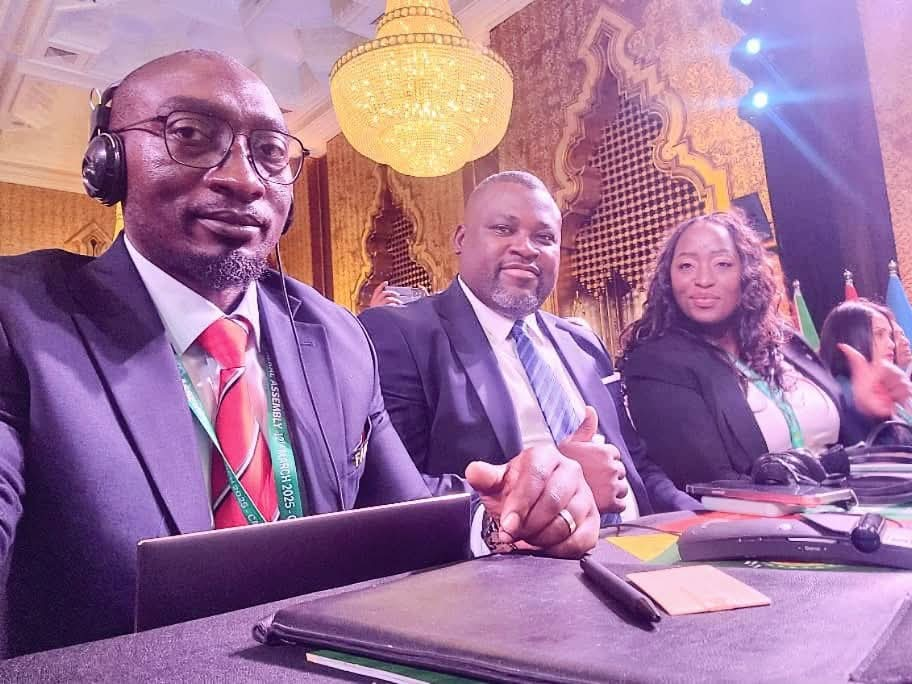By Burnett Munthali
As the United Nations Framework Convention on Climate Change (UNFCCC) nears its conclusion in Baku, Azerbaijan, delegates are grappling with divisions over how much financial support wealthy nations should provide to developing countries to tackle the growing threats posed by climate change.
Developing nations have consistently called for increased financial assistance, with estimates suggesting that at least $1 trillion annually is needed to mitigate and adapt to the impacts of climate change. In Malawi, for example, the country requires $26 million to rebuild areas devastated by extreme weather events such as floods and droughts, which have worsened due to climate change.
At the upcoming COP28 in Dubai, there have been some positive developments for climate finance. The Green Climate Fund (GCF) received a significant boost, with six countries pledging additional funding. The total pledges for the GCF now stand at a record $12.8 billion, contributed by 31 countries. Further financial commitments include $174 million for the Adaptation Fund, and $188 million for the Least Developed Countries Fund and the Special Climate Change Fund, aimed at supporting the most vulnerable nations.
Despite these pledges, however, negotiations have reached a critical impasse, with wealthier nations expressing hesitation over finalizing a proposed global finance deal. There is growing concern that the funds being pledged fall short of meeting the overwhelming needs of developing countries, who are bearing the brunt of climate change despite contributing the least to global emissions.
On the sidelines of the talks, African ministers have been vocal in demanding that the New Collective Quantified Goal (NCQG) on climate finance be agreed upon without compromising the needs of developing nations. They emphasize that the financial commitments made thus far remain inadequate and that the wealthiest countries must do more to address the imbalance and ensure that vulnerable nations are adequately supported.
As the discussions continue in Baku, the world’s poorest nations are looking to wealthier countries to honor their promises and provide the resources necessary for climate adaptation and resilience. The outcome of these negotiations will be crucial in determining whether global efforts to combat climate change can truly be equitable and effective, ensuring that no one is left behind in the fight against this existential crisis.




